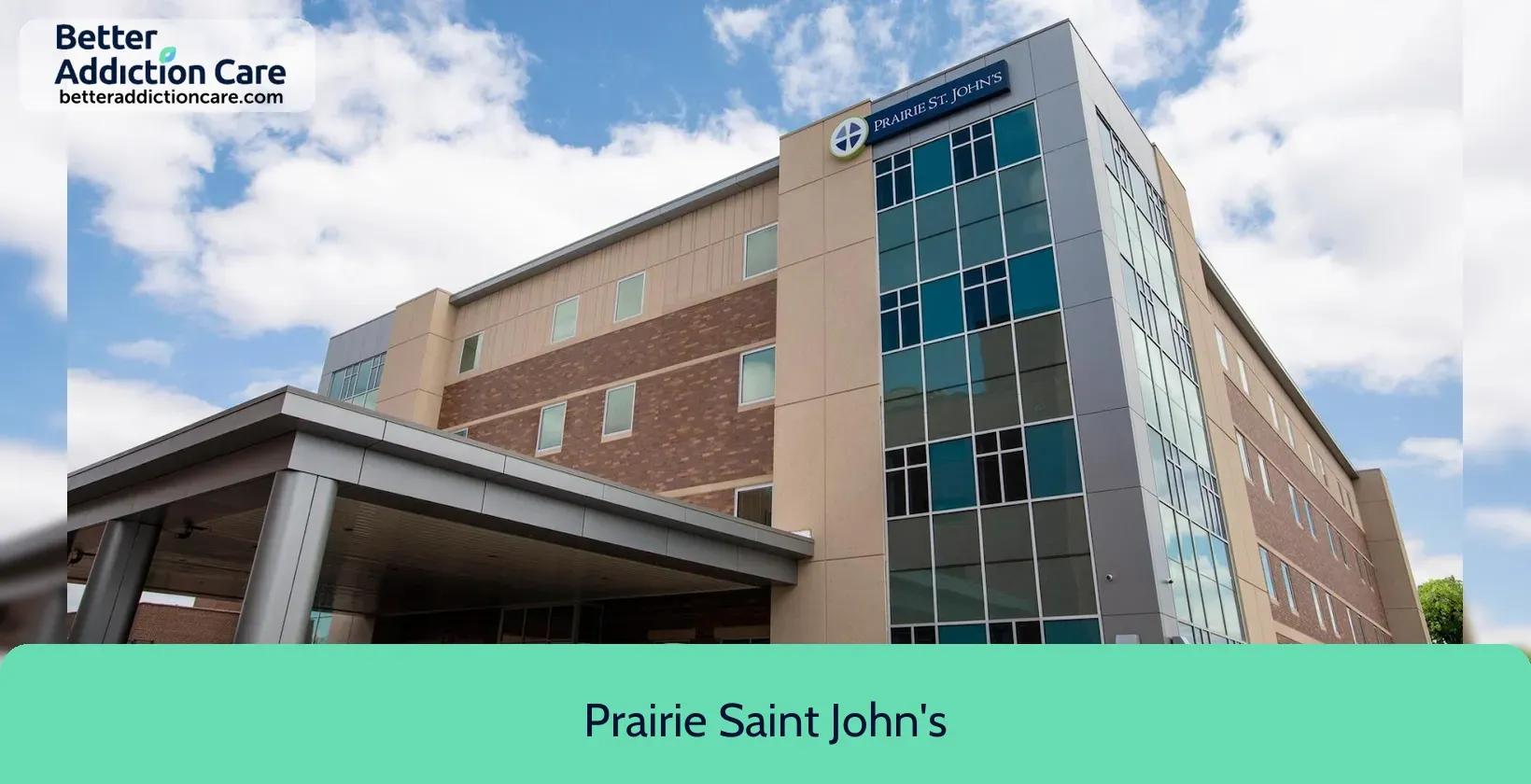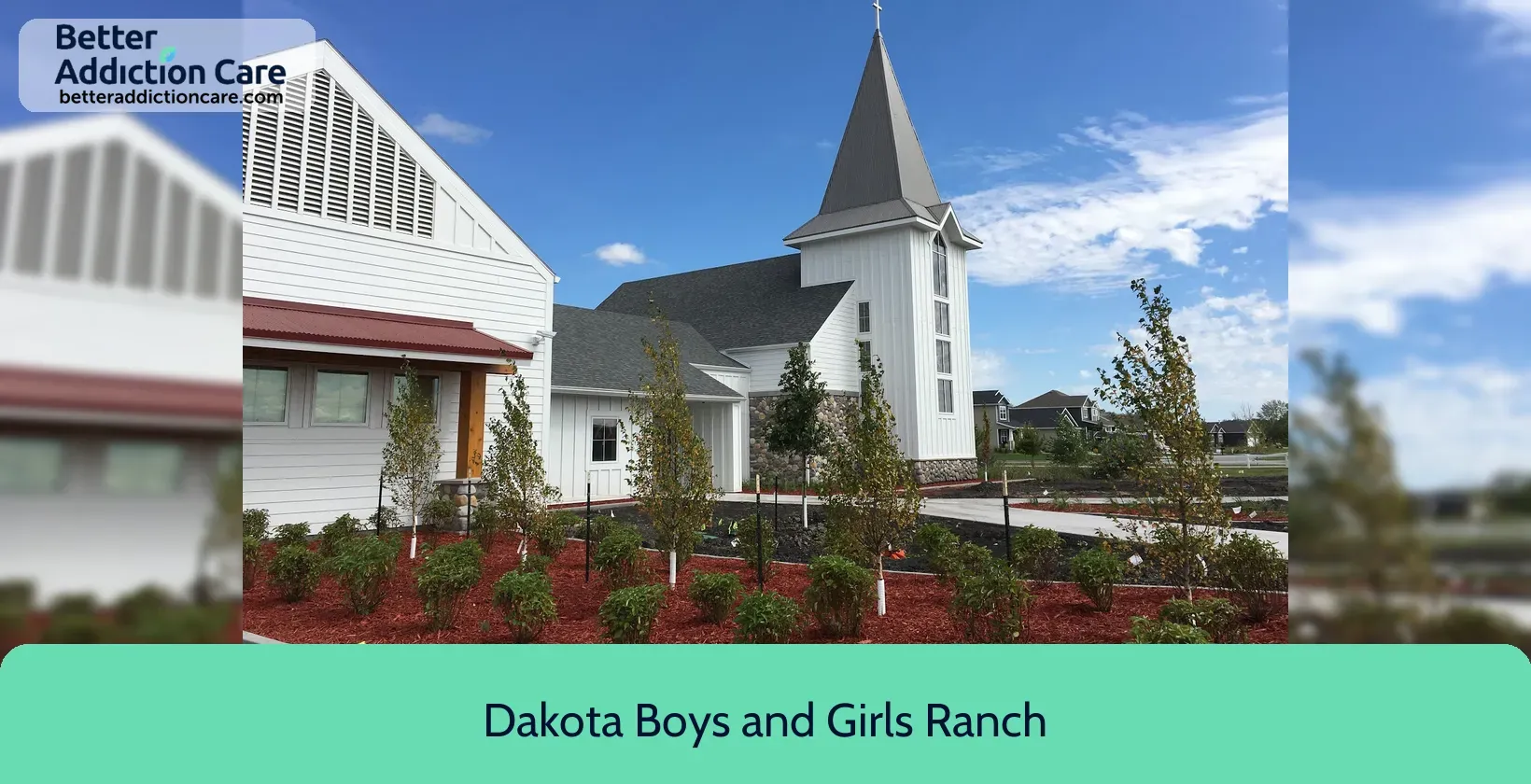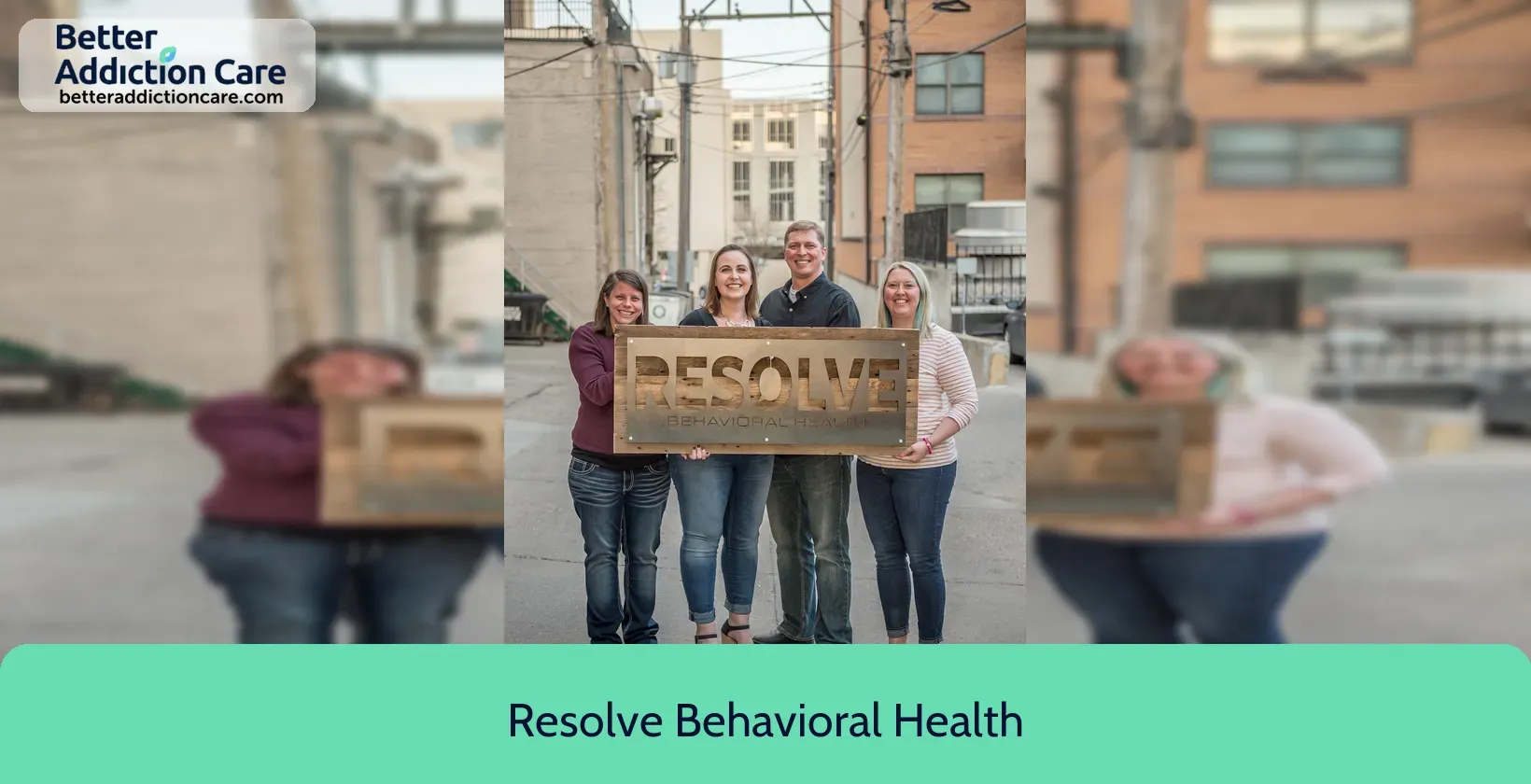Centre - Fargo Female Residential Reentry Center

Overview
Centre - Fargo Female Residential Reentry Center is a substance abuse treatment center for people seeking treatment near Cass County. As part of their treatment modalities for recovery, Centre - Fargo Female Residential Reentry Center provides cognitive behavioral therapy, telemedicine/telehealth therapy, and substance use disorder counseling during treatment. Centre - Fargo Female Residential Reentry Center is located in Fargo, North Dakota, accepting cash or self-payment for treatment.
Centre - Fargo Female Residential Reentry Center at a Glance
Payment Options
- Cash or self-payment
- Federal, or any government funding for substance use treatment programs
Assessments
- Screening for tobacco use
- Comprehensive substance use assessment
- Interim services for clients
- Screening for substance use
Age Groups
- Young adults
- Adults
- Seniors
Ancillary Services
- Case management service
- Suicide prevention services
- Social skills development
- Transportation assistance
Highlights About Centre - Fargo Female Residential Reentry Center
6.71/10
With an overall rating of 6.71/10, this facility has following balanced range of services. Alcohol Rehabilitation: 8.00/10, Drug Rehab and Detox: 6.00/10, Insurance and Payments: 6.00/10, Treatment Options: 6.85/10.-
Alcohol Rehabilitation 8.00
-
Treatment Options 6.85
-
Drug Rehab and Detox 6.00
-
Insurance and Payments 6.00
Treatment At Centre - Fargo Female Residential Reentry Center
Treatment Conditions
- Alcoholism
- Substance use treatment
Care Levels
- Hospital inpatient treatment
- Short-term residential
- Long-term residential
- Aftercare
- Halfway house
Treatment Modalities
- Cognitive behavioral therapy
- Telemedicine/telehealth therapy
- Substance use disorder counseling
- Group counseling
- Motivational interviewing
Ancillary Services
Languages
- Sign language services for the deaf and hard of hearing
Additional Services
- Pharmacotherapies administered during treatment
- Mentoring/peer support
- Breathalyzer or blood alcohol testing
Special Programs
- Criminal justice (other than DUI/DWI)/Forensic clients
Get Help Now
Common Questions About Centre - Fargo Female Residential Reentry Center
Contact Information
Other Facilities in Fargo

6.53

6.71

7.14

6.86

7.94

7.23

6.71

6.80
Browse rehab centers near Fargo and in other cities across North Dakota
DISCLAIMER: The facility name, logo and brand are the property and registered trademarks of Resolve Behavioral Health, and are being used for identification and informational purposes only. Use of these names, logos and brands shall not imply endorsement. BetterAddictionCare.com is not affiliated with or sponsored by Resolve Behavioral Health.
